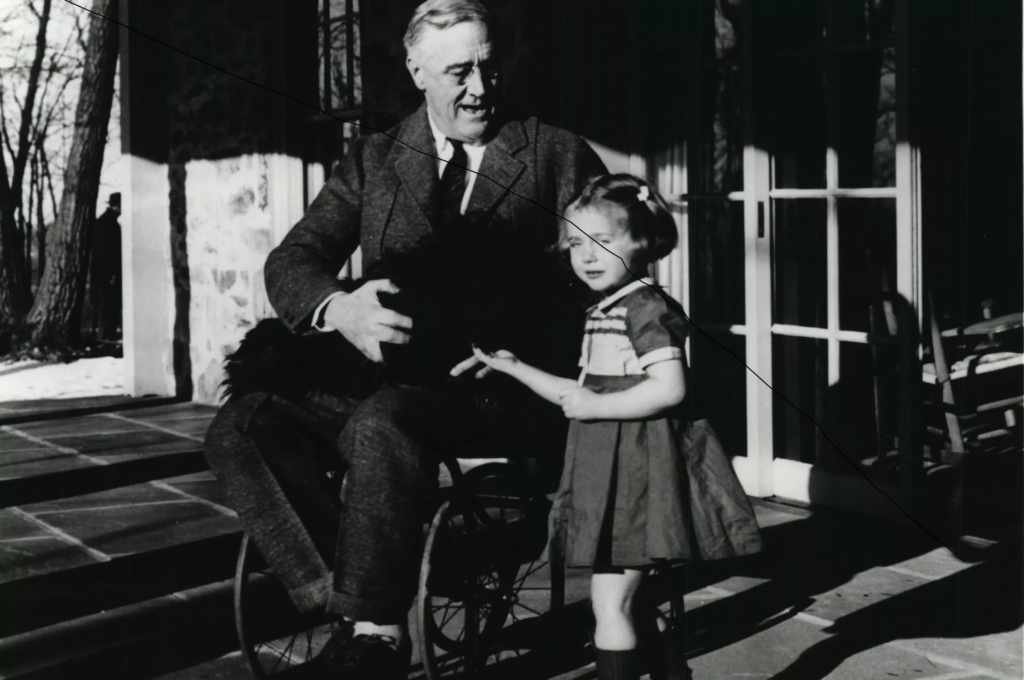Senate Minority Leader Mitch McConnell, a shrewd and effective politician and a polio survivor, has recently expressed concerns regarding efforts to undermine public confidence in vaccines, particularly the polio vaccine. In December 2024, McConnell cautioned incoming President-elect Donald Trump’s administration members against associating with individuals promoting anti-vaccine sentiments. He emphasized that the polio vaccine has saved millions of lives and that undermining its credibility is both uninformed and dangerous.
McConnell’s Struggle with Polio
McConnell’s personal experience with polio has significantly influenced his stance on vaccination. At the age of two, he contracted polio, which led to paralysis in his upper left leg. He received treatment at the Roosevelt Warm Springs Institute for Rehabilitation in Georgia, a facility founded by President Franklin D. Roosevelt. McConnell has often spoken about how the disease impacted his life and the importance of vaccines in preventing such illnesses.
Support For Vaccination
Based on his experiences, McConnell has been a vocal advocate for vaccination programs. He has highlighted the success of vaccines in eradicating diseases like polio and warned against the spread of misinformation that could lead to a resurgence of preventable diseases. His recent statements underscore the importance of maintaining public trust in vaccines to protect public health.

FDR
Franklin D. Roosevelt, the 32nd President of the United States, was diagnosed with polio in 1921 at the age of 39, resulting in permanent paralysis from the waist down. Despite his condition, he remained determined to continue his political career and took significant steps to manage public perception of his disability.
Founding of the National Foundation for Infantile Paralysis
1938, Roosevelt founded the National Foundation for Infantile Paralysis, later known as the March of Dimes. This organization played a pivotal role in funding research that led to the development of polio vaccines, significantly contributing to the fight against the disease.
March Of Dimes
The March of Dimes, originally known as the National Foundation for Infantile Paralysis, was established in 1938 by President Franklin D. Roosevelt to combat polio. During the Depression, Roosevelt asked the public to send in ten cents to the White House to support the development of a vaccine against polio. Entertainer Eddie Cantor coined the name “March of Dimes,” encouraging widespread public donations to support the cause. The organization played a pivotal role in funding research that led to the development of effective polio vaccines, significantly contributing to the disease’s decline.
Polio Outbreak In Gaza
Recently, there was a polio outbreak in Gaza. Polio spreads easily in war-torn places where there is no sanitary disposal for sewage. For decades, polio was nonexistent in Gaza. The recent outbreak shows how easily a disease prevented by vaccination can come back when a susceptible population exists. Polio is just a plane ride away from the United States.
Polio Doesn’t Care
The Polio virus doesn’t care whether you voted red or blue. It doesn’t matter where you live or worship. It does not discriminate. The phrase “my body, my choice” is about personal freedom, but it can cause problems when keeping everyone healthy. Diseases like measles and polio spread quickly, and our choices, like skipping vaccines, can put other people in danger—especially babies, older people, or those with weak immune systems. To keep everyone safe, we need enough people in the community to take steps, like getting vaccinated, so diseases don’t have a chance to spread. Focusing only on what we want and forgetting how it affects others can lead to more illness and make it harder for doctors and hospitals to help people who need care.

